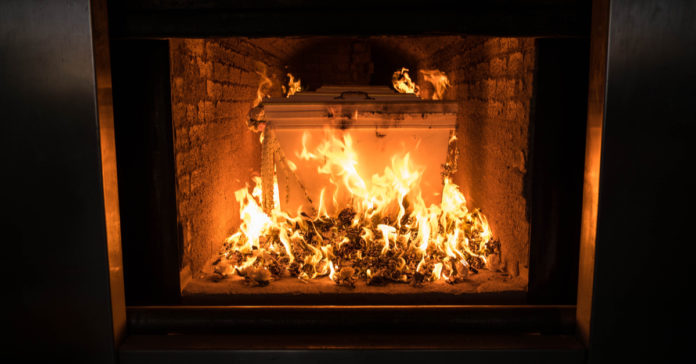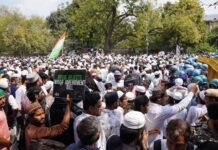The Sri Lankan government has said it will not comply with a United Nations report on Sri Lanka which demands the country stop forcibly cremating Muslim COVID-19 victims.
Cabinet spokesman Keheliya Rambukwella said that Colombo is not prepared to take any steps which will harm the sovereignty of the nation.
Yesterday UN human rights experts said the policy of forced cremations ran contrary to the beliefs of Muslims and other minorities in the country, and could foment existing prejudices, intolerance and violence.
“The imposition of cremation as the only option for handling the bodies confirmed or suspected of COVID-19 amounts to a human rights violation. There has been no established medical or scientific evidence in Sri Lanka or other countries that burial of dead bodies leads to increased risk of spreading communicable diseases such as COVID-19,” said the experts.
As of January 21, 274 COVID-19 related deaths have been reported in Sri Lanka, with a significant number of the deaths belonging to Muslim minorities. All of the bodies were cremated, including babies.
The decision to make cremation mandatory followed advice by the chief epidemiologist who claimed that burials could contaminate ground drinking water.
However, the World Health Organization has reiterated there is no evidence to suggest that cremation prevents the spread of the disease, while the College of Community Physicians of Sri Lanka and the Sri Lanka Medical Association issued statements recently clarifying that there has been no proof that burial of COVID-19 dead bodies constitutes a public health hazard.
Subscribe to our newsletter and stay updated on the latest news and updates from around the Muslim world!
“While we must be alert to the serious public health challenges posed by the pandemic, COVID-19 measures must respect and protect the dignity of the dead, their cultural and religious traditions or beliefs, and their families throughout,” the experts said.
“We deplore the implementation of such public health decisions based on discrimination, aggressive nationalism and ethnocentrism amounting to persecution of Muslims and other minorities in the country,” added the experts. “Such hostility against the minorities exacerbates existing prejudices, intercommunal tensions, and religious intolerance, sowing fear and distrust while inciting further hatred and violence.
“We are equally concerned that such a policy deters the poor and the most vulnerable from accessing public healthcare over fears of discrimination,” the experts said, adding this would further negatively impact the public health measures to contain the pandemic.
But government spokesman Rambukwella told reporters today that Sri Lanka has a right to address human rights issues in a manner that it deems fit. He added that Sri Lanka will not implement the UN Human Rights Council Resolution as it is not in the best interest of the country.
Sri Lanka is on the agenda of the 46th Session of the UN Human Rights Council set to take place in Geneva between February 22– March 19.






















